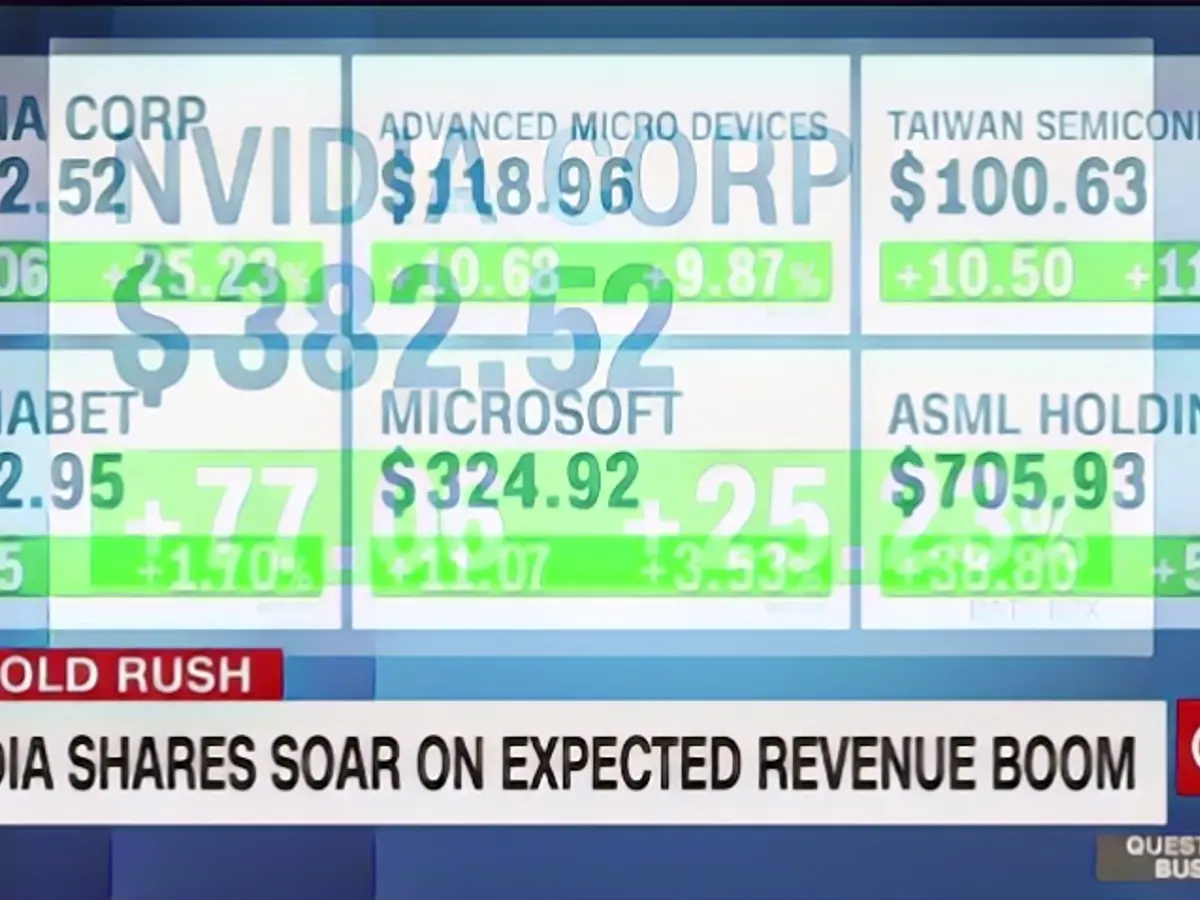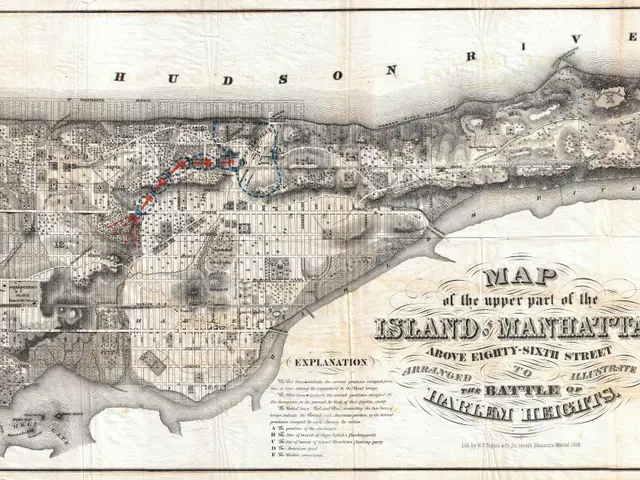Nvidia Navigates US Export Regulations in China's AI Chip Market
In a shift to accommodate recent US export regulations, tech giant Nvidia, known for its dominance in AI chips, is collaborating closely with authorities to ensure its offerings align with these guidelines. Despite holding a commanding 90% market share in China's expanding $7 billion AI chip market, these restrictions pose challenges that could benefit domestic Chinese competitors.
Analyst warnings suggest that US export limitations might create opportunities for Chinese competitors to monopolize the market. This sentiment is backed by recent reports indicating a delay in Nvidia's (NVDA) plan to introduce its next-gen AI chip in China, initially anticipated for Q1 2024.
During a Singapore press conference, CEO Jensen Huang confirmed Nvidia's cooperation with US authorities. He emphasized their shared goal of creating products that adhere to export regulations while highlighting the intention to collaborate closely with the government to introduce new products catering to these guidelines, which will involve certain constraints.
Huang also acknowledged the significance of engaging industry experts in this evolving scenario, citing Huawei as a robust competitor. Worries about potential market shifts and the repercussions of export prohibitions emphasize that Nvidia is treading cautiously.
Amidst these challenges, Huang revealed Nvidia's interest in investing substantially in Singapore, aiming to contribute to its Sealion project – a large-scale language model initiative. Singapore's Infocomm Media Development Authority (IMDA) announced plans to invest SGD 70 million in developing the first large-scale language model for Southeast Asia.
Huang acknowledged Singapore's robust AI ecosystem, along with its central role as a data hub for Asian markets, as crucial factors motivating this strategic move. As Nvidia grapples with US export regulations, it appears determined to adapt and innovate within the dynamic global technology landscape.
Background
The US export restrictions on advanced AI chips, including those focusing on graphics processing units (GPUs), are impacting Nvidia's market position in China and competition with local Chinese companies. The US government has established a three-tier system, categorizing US allies as unrestricted, imposing a limit on Chinese and Russian CPU purchases, and enacting an outright ban in these regions.
Competing With Huawei
As Nvidia, the leading player in data center GPUs, confronts these regulations, Chinese AI start-ups such as DeepSeek and firms like Infinigence AI are actively working to displace Nvidia's dominance. These domestic players are developing low-cost, high-performance AI models not dependent on Nvidia's CUDA ecosystem, while Chinese companies like Infinigence AI support the mainland's leading chip developers.
Global Competitiveness
These export controls are fostering a competitive advantage for countries that are not subject to these restrictions, potentially upping the cost of AI in these regions. Companies might opt to establish data centers in the US or unsanctioned nations to circumvent supply chain issues and chip usage restrictions.
Implications for US Dominance and National Security
The geopolitical dynamics underlying these export regulations are aimed at preserving US dominance in AI and safeguarding national security. By discouraging AI proliferation in sanctioned regions like China and Russia, the US hopes to protect its edge in the tech sector.






